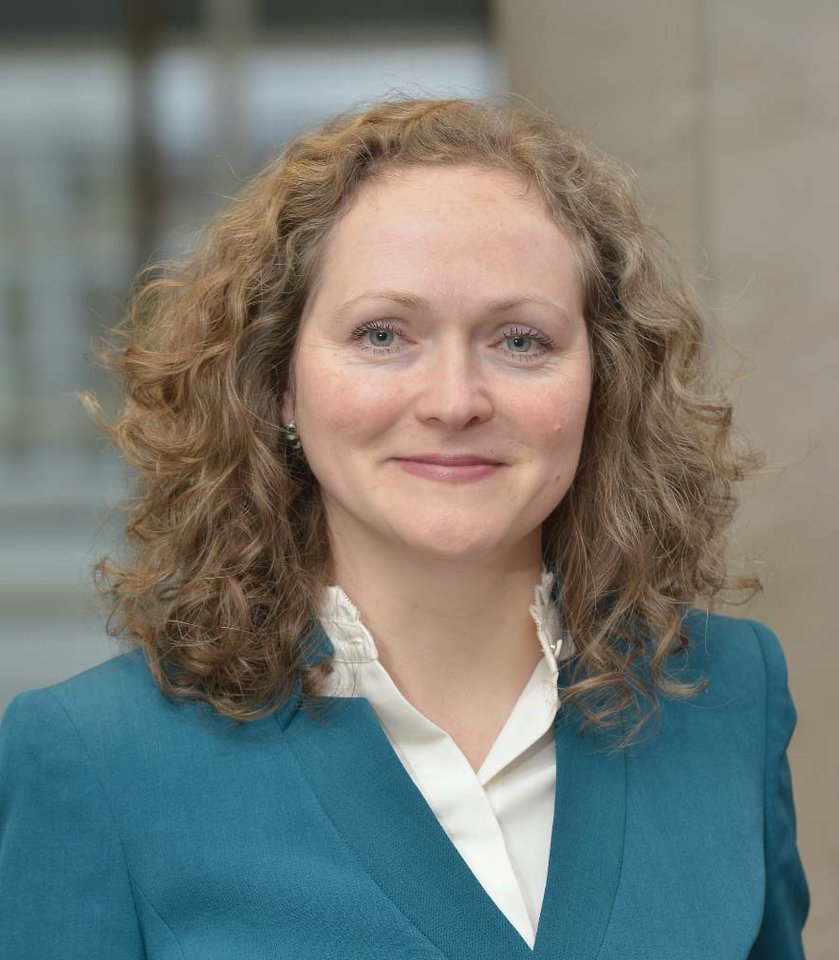Climate Resilience expert professor Tatiana Filatova joins TPM
We are pleased to announce that professor Tatiana Filatova will be joining our faculty as of the 1st of April 2021. She is an authority in the field of computational agent-based models designed to explore climate resilience of coupled socio-technical-environmental systems. She is appointed as full professor computational economics at the MAS department.
Career
Filatova has built an impressive career. After finishing her BSc and MSc studies in information systems in economics while volunteering at an environmental NGO in her birth country Russia, she moved to the University of Twente to do her PhD in environmental economics and agent-based modelling in 2005. She spend half of her PhD years at George Mason University, USA. After her cum laude promotion in the Netherlands in 2009, Filatova started as a tenure-track assistant professor in 2010 at the University of Twente, where she was appointed as full professor in 2019. After joining KNAW De Jonge Akademie in 2016, Tatiana worked on the Science Policy including a Guide to Dutch Academia and Recognition & Rewards for early career researchers. Since 2018 professor Filatova leads the 4TU.Resilience Program ‘DeSIRE’.
Research line
Professor Filatova has set up her own research line on the role of behavioural changes, social interactions and markets in driving dynamics of complex adaptive human-environment systems. Specifically, she combines spatial agent-based modelling with various methods of behavioural data collection (e.g. surveys grounded in economics and environmental psychology), and links them to hazards or infrastructure planning models. Such ‘artificial societies’ serve as policy labs to explore strategies for adapting to or mitigating climate change under various assumptions about human behaviour co-evolving with social institutions: http://www.sc3.center/. This research line has been distinguished by the NWO Veni and ERC Starting grants and awards from the International Environmental Modelling Society and the European Association of Environmental and Resource Economists.
Vidi
Filatova received a Vidi grant last November to further strengthen research on transformational climate adaptation, which acceptability, costs and disruptiveness pose challenges especially for densely populated coastal and delta cities. This innovative line of research on understanding tipping points in climate-related societal transformations is highly relevant these days. Filatova: “Worldwide people are already experiencing the consequences of climate change. They are confronted with flooding, heat waves and other adverse events that are more severe and frequent than in their living memory. While mitigation is essential to avoid catastrophic climate change, designing and implementing at scale innovative and equitable adaptation policies involving a variety of stakeholders is the key in the coming decades.”
New challenge
After sixteen years at the University of Twente it was time for a new challenge. Filatova was already very familiar with TU Delft. She worked at Deltares for over five years, collaborates with several TU Delft colleagues, and serves in the Scientific Steering Group of the 4TU.Resilience Engineering Centre. “I am very excited to join the TPM Faculty and the MAS Department. It is the home for world-leading research on computational models for policy analysis, with state-of-the-art computer and social sciences on board. TU Delft is a pioneer in delivering solutions to such societal challenges like designing resilient deltas. I look forward to work even closer with the TPM Resilience Lab and I am eager to contribute to the great climate ambition that TU Delft posits via its Climate Action and Climate Institute.
Advancing agent-based modelling
“I join with my team of several PhD students and look forward to further advance agent-based modelling as the method for policy decision support and develop the climate-resilient research agenda together with my new colleagues and students. The nature of a scientific journey fascinates me, and I value it even more when by bridging disciplines we create knowledge to inform policy, for example on the impact of households’ and firms’ adaptation for reducing damages in cities while being explicit about inequalities and the redistribution of costs and benefits of various strategies.” There are still great challenges that need tackling. “For example, in integrating the socio-economic dimension in climate policy models, linking various models of sociotechnical systems with each other and with engineering methods and data, or establishing an international hub for data on behavioural climate adaptation which is now very fragmented. An open access database of computational modules and data could be helpful for the development coding standards that will boost reusability in Agent Based Models.”
Supporting early career researchers
Another priority of Filatova is to work with early career researchers, helping them develop to reach the best of their potential. Especially given the turn anticipated in the tenure track policies across Dutch universities, with room for diversity and talent development. “I would very much like to contribute to this at TU Delft as well.”
